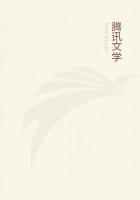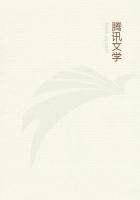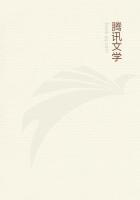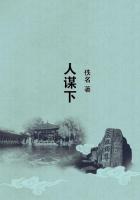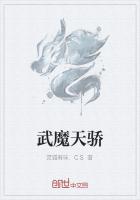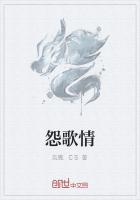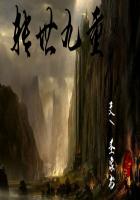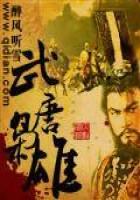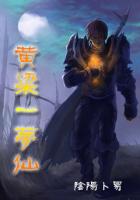Indeed, is it not true that the natural rights of this philosophy梩he right to personal freedom, the right to labor, the right to property, the right to open competition 梐re ideals which in reality sprang then as they do now largely from what the philosophers knew of the activities of men in small, face-to-face groups ?
The reluctance to give up ideals like those of the Declaration of Independence, without something equally simple and human to take their place, is healthy and need not look far for theoretical justification.
The idea of the germinal character of primary association is one that is fast making its way in education and philanthropy. As we learn that man is altogether social and never seen truly except in connection with his fellows, we fix our attention more and more on group conditions as the source, for better or worse, of personal character, and come to feel that we must work on the individual through the web of relations in which he actually lives.
The school, for instance, must form a whole with the rest of life, using the ideas generated by the latter as the starting-point of its training.
The public opinion and traditions of the scholars must be respected and made an ally of discipline. Children's associations shquld be fostered and good objects suggested for their activity.
In philanthropy it is essential that the unity of the family be regarded and its natural bonds not weakened for the sake of transient benefit to the individual. Children, especially, must be protected from the destructive kindness which inculcates irresponsibility in the parent. In general the heart of reform is in control of the conditions (49) which act upon the family and neighborhood. When the housing, for example, is of such a character as to make a healthy home life impossible, the boys and girls are driven to the streets, the men into saloons, and thus society is diseased at its source.
Without healthy play, especially group play, human nature cannot rightly develop, and to preserve this, in the midst of the crowding and aggressive commercialism of our cities, is coming to be seen as a special need of the time. Democracy, it is now held, must recognize as one of its essential functions the provision of ample spaces and apparatus for this purpose, with enough judicious supervision to ensure the ascendancy of good play traditions. And with this must go the suppression of child labor and other inhumane conditions.
Fruitful attention is being given to boys' fellowships or "gangs." It appears梐s any one who recalls his own boyhood might have anticipated梩hat nearly all the juvenile population belong to such fellowships, and put an ardent, though often misdirected, idealism into them. " Almost every boy in the tenement-house quarters of the district," says Robert A. Woods, speaking of Boston, "is a member of a gang. The boy who does not belong is not only the exception but the very rare exception." [10] In crowded neighborhoods, where there are no playgrounds and street sports are unlawful, the human nature of these gangs must take a semi-criminal direction; but with better opportunities and guidance it turns quite as naturally to wholesome sport and social service. Accordingly social settlements and similar agencies are converting gangs into (50) clubs, with the best results; and there is also coming to be a regular organization of voluntary clubs in affiliation with the public schools.
It is much the same in the country. In every village and township in the laud, I suppose, there are one or more groups of predatory boys and hoydenish girls whose mischief is only the result of ill-directed energy.
If each of these could receive a little sympathetic attention from kindred but wiser spirits, at least half of the crime and vice of the next generation would almost certainly be done away with.
Endnotes Thoreau, A Week on the Concord and Merrimack Rivers, 283. Charities and the Commons, Aug. 3, 1907. Antica lupa, Che piu che tutte l'altre bestie hai preda. Purgatorio, xx, 10. 1 Samuel, 15: 33. Vol. i, 540 ff. The City Wilderness, 116. Boys' Self-Governing Clubs, 4, 5. Charities and the Commons, Aug. 3, 1907, abridged. John Graham Brooks, The Social Unrest, 135. The City Wilderness, 113.

